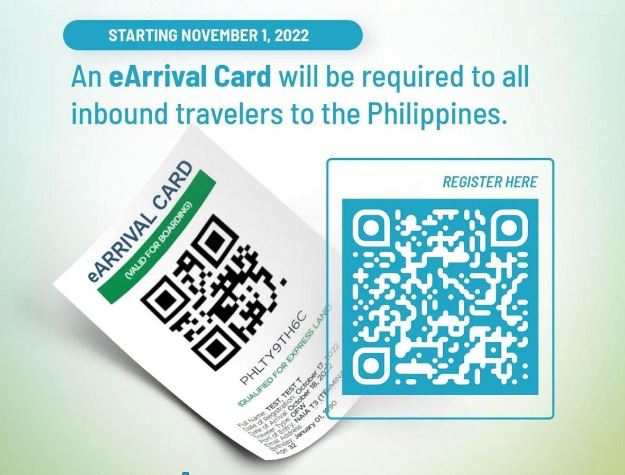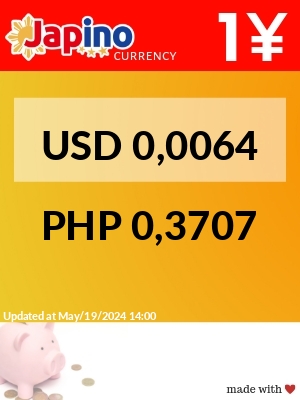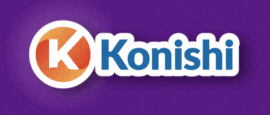PHILIPPINES: One Health Pass Replaced with ‘Simpler’ System: DOT

Entering the Philippines would now be more convenient as the government replaced the One Health Pass (OHP) with the much simpler eArrival card, the Department of Tourism (DOT) said Friday.
Tourism Secretary Christina Frasco said the introduction of the eArrival card fulfills part of the Marcos administration’s plans to ease the country’s stringent entry protocols in order to attract more tourists.
“The eArrival Card stemmed from the DOT’s proposal to remove the OHP especially amidst numerous complaints from inbound travelers to the Philippines and, to improve the same, benchmarking more convenient arrival protocols in the Asean such as Singapore,” the agency said.
Prior to the eArrival Card, travelers were required to register for the OHP a few days before their travel, and accomplish the electronic Health Declaration Checklist (eHDC) on the day of departure.
The eArrival Card, the DOT said, removes unnecessary information fields, allowing the easier and faster completion of the traveler registration process.
Tourism-related fields were significantly cut by half, from 20 items under the OHP to now less than 10 items in the eArrival.
Fields such as traveler occupation and educational attainment were also removed.
Upon providing their travel details, personal information, health declaration, and vaccination details on the eArrival Card website: www.onehealthpass.com.ph, travelers will be issued with a unique QR code.
Travelers must then capture a screenshot of the QR code on his/her mobile or computer device and present this to the Bureau of Quarantine (BoQ) officers at their destination airport in the Philippines.
Also, there is no longer a need for travelers to download and install a mobile app to register, as the eArrival Card is a browser-based system.
In the event that a traveler is unable to complete their eArrival Card, the BoQ has staff stationed at the airport to assist in the travelers’ registration.
The eArrival would eventually remove the need for travelers to fill up the physical arrival cards done upon their arrival in the Philippines, according to the DOT.
The DOT together with the Department of Information and Communications Technology said it would continuously improve the system as the agencies work towards making travel into the country more convenient.
“We at the DOT look forward to continuing this synergistic approach to the improvement of the overall tourist experience through close collaboration with our partner national government agencies under the guidance of President (Ferdinand R.) Marcos,” Frasco said.
“Our shared aspiration is to provide travelers with better and stress-free services through continuous improvement of tourism enabling mechanisms in the country, digitalization, and liberalized entry protocols that provide the least inconvenience to travelers and convey that the Philippines is open and ready to receive travelers,” she added.


























